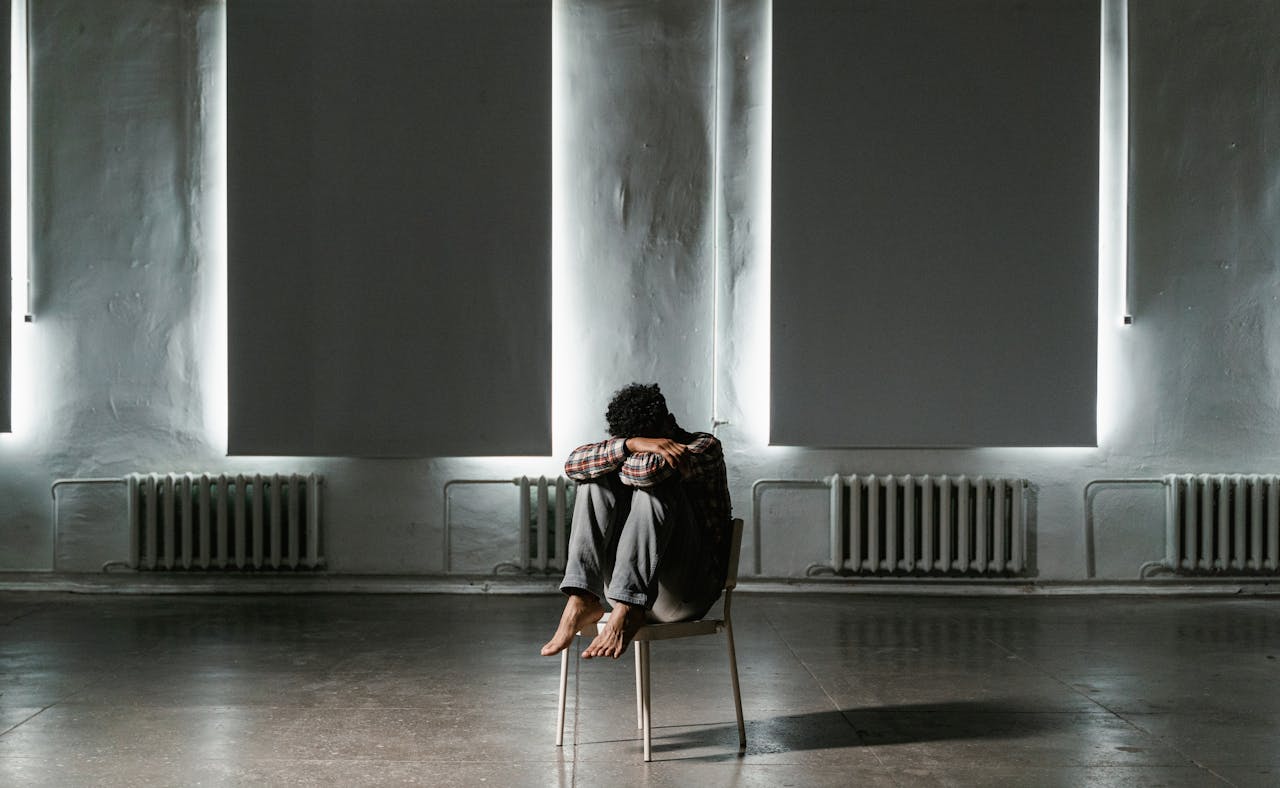Phobia Therapy Seattle


Takeaway: Living with a phobia can steal your joy and make it a struggle to get through the day. Healing and symptom management are possible with the right treatment. If you’re looking for phobia therapy in Seattle, Existential Psychiatry offers compassionate care.
Phobias can impact every area of your life, affecting your relationships, work, and well-being. They take up your time and energy while limiting your experiences and opportunities. If you’re struggling with a debilitating fear, you’re not alone. Nearly 19 million people in the US have one or more phobias. The effects on each individual vary, with 22% of people with phobias having serious impairments,30% having moderate impairments, and 48% having mild impairments.
A phobia is an overwhelming and irrational fear of an object, situation, or activity that poses little or no actual danger. It's more than simply feeling nervous or anxious. It's an intense, persistent, and often debilitating fear that can trigger distress or panic attacks. You may change your daily life or routine to avoid the source of the intense anxiety.
There is not one specific thing that causes a phobia. They may form due to traumatic experiences. For others, they develop as a learned behavior from another household member. Some people are also more predisposed to anxiety and phobias, to begin with.
Cultural factors can also play a significant role. Group norms and beliefs influence what is considered frightening or taboo in a society. For example, a culture may have specific ideas or traditions about animals, natural phenomena, or social situations that contribute to phobias. A group's attitudes toward mental health can also impact how individuals perceive and cope with their fears.

Phobias come in many forms, ranging from common fears like heights and spiders to less common fears of air or choking. They are typically categorized into three main groups:
Specific phobias are further grouped into five main categories including:
Each person’s response to a phobia is unique, but common symptoms include:

There are several effective treatments available, depending on your needs and preferences. When selecting a phobia therapist, discuss which therapy methods they use and if they would be a good fit. Treatment options include:
Exposure Therapy: This involves gradually exposing the individual to the feared object or situation and related thoughts and feelings in a controlled and supportive environment. Through repeated exposure, they can learn to confront the fear and slowly reduce their anxiety response. For example, treatment for rain phobia over time might involve the following:
Mindfulness Therapy: Mindfulness-based stress reduction supports people in becoming more aware of their thoughts, feelings, and bodily sensations without judgment. Practicing mindfulness helps individuals learn to tolerate and manage their fear responses.
Cognitive Behavioral Therapy (CBT): CBT is a structured, goal-oriented therapy. It focuses on identifying and challenging negative thought patterns and beliefs associated with the phobia, as well as strengthening coping skills. This approach helps you change your responses to the feared object or situation.
The three main categories of phobias include specific phobias, social phobias, and agoraphobia.
Common phobias include fear of spiders, heights, snakes, flying, and confined spaces. Individuals may have the same phobia, but respond very differently. Two people may intensely fear driving through tunnels, yet one is severely impacted and the other mildly affected. The first individual always avoids tunnels regardless of the additional travel time. The second person may have to have another person drive them if they have to go through a tunnel.
When seeking a phobia clinician, look for a qualified, experienced, and empathetic provider. Find a therapist who specializes in treating phobias and anxiety disorders. Ask them questions, such as what treatment methods they use to determine if they’re a good fit. You want a therapist who helps you feel safe within therapy and wants to collaborate with you.
Deciding to start phobia therapy is a deeply personal choice. Several factors can help you determine if it's the right path for you. Consider the impact of the phobia on your daily life. Are your fears affecting your ability to function, work, or engage with others? Is the distress impacting your overall mood or happiness? If so, therapy may be an important part of your healing journey.
Dr. Zacharias provides client-centered diagnostic assessment, therapy, and medication management to the Greater Seattle Area and across Washington state. He specializes in phobias, anxiety, depression, trauma, PTSD, and OCD. With over 20 years of experience in healthcare, he'll collaborate with you to address your needs and goals throughout treatment.
Phobias don’t have to rule your life or consume you. They’re treatable. With the right support and therapy, you can learn to confront your fears, regain confidence, and live a more fulfilling life. If you or someone you love is struggling with a phobia, reach out to schedule a free consultation. There is hope and help available.